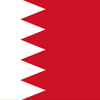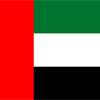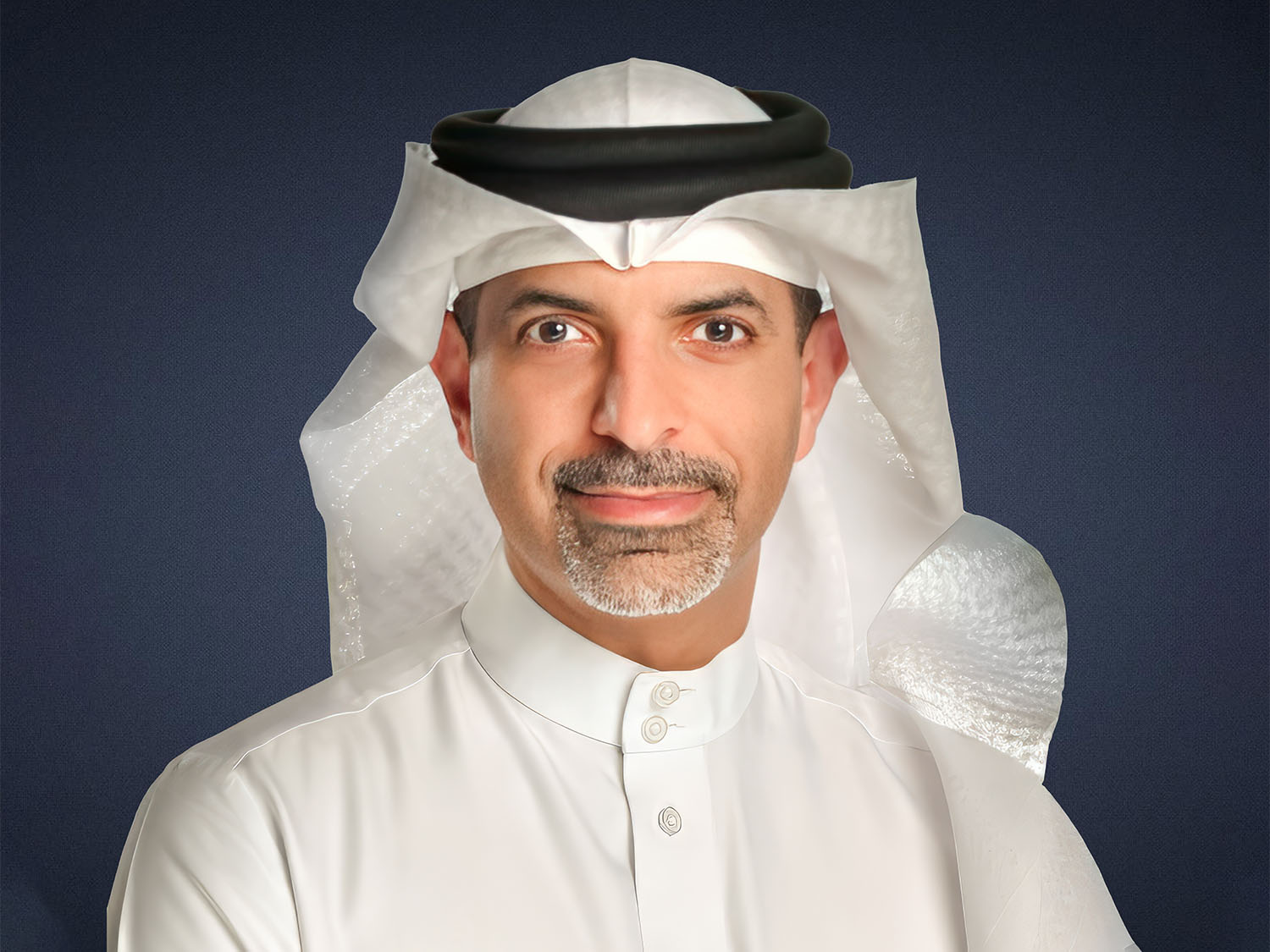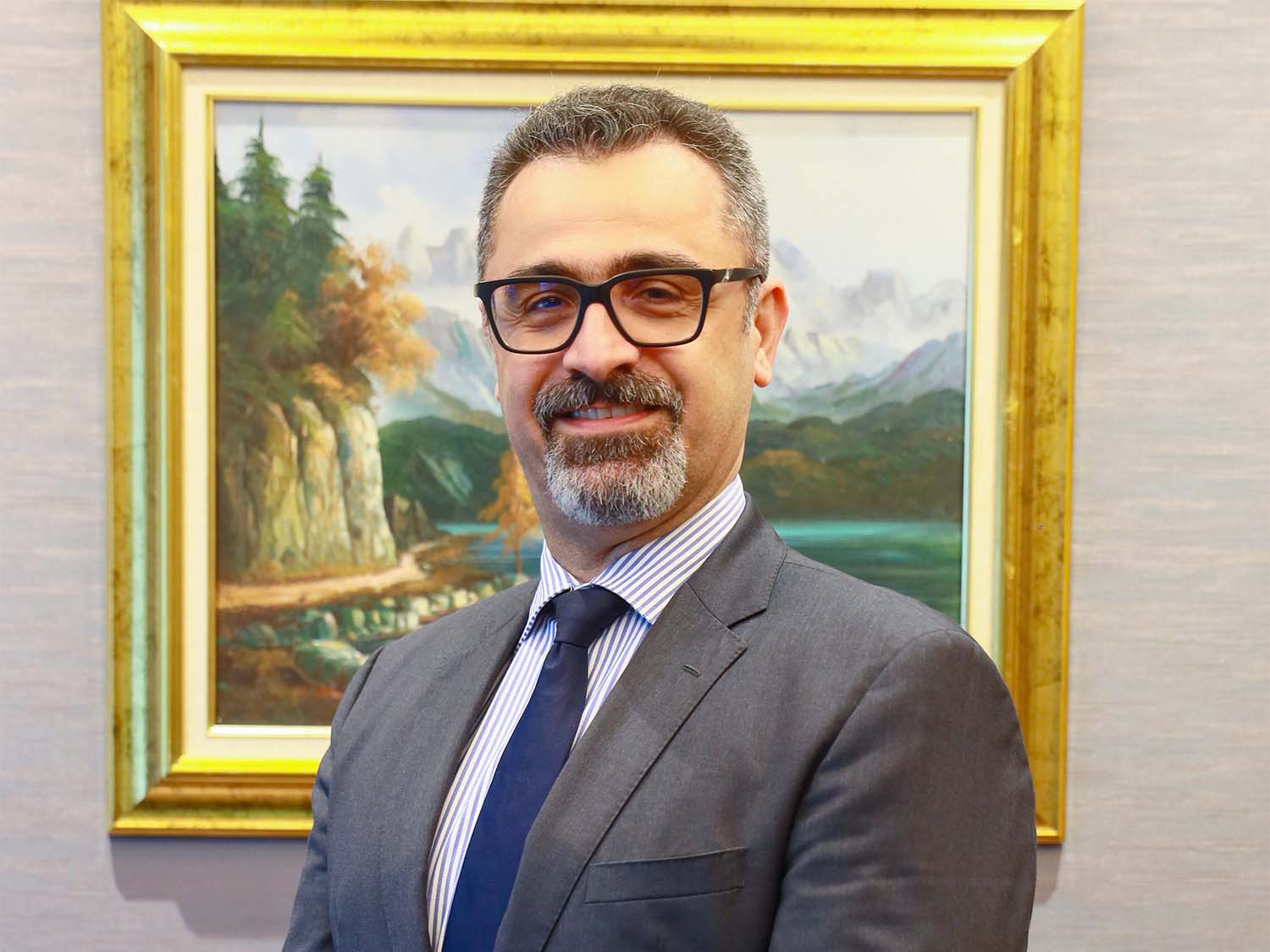In Conversation with… Shareef Elias Kharouba
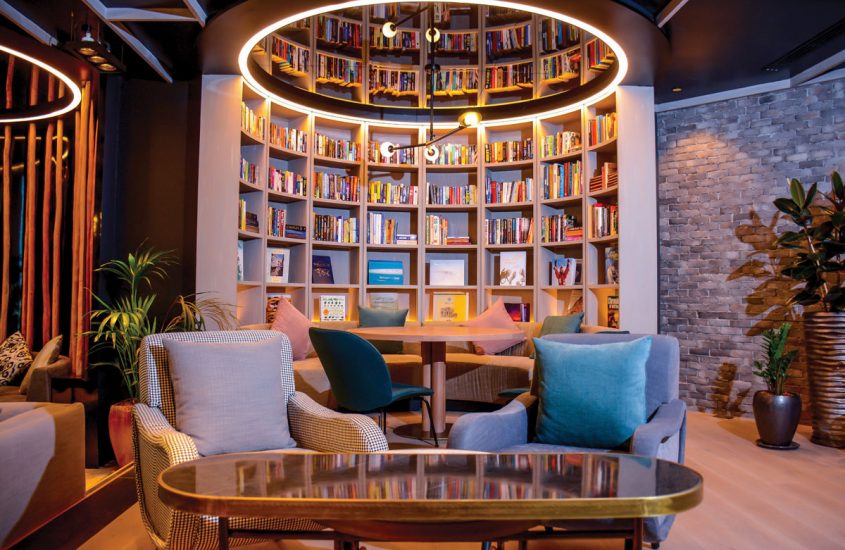
As the month of September brought with it even more breaking news pertaining to our everyday lives, we took five minutes to ask industry insider Shareef Elias Kharouba, MultiProperty Director of Operations at Marriott International, five questions about the present – and future – of hospitality.
Our October issue explores dining around the world in Bahrain. Which new cuisines have you discovered while living on the island?
As a Jordanian, I’m familiar with Middle Eastern cuisine, but it has been interesting to discover the culinary nuances peculiar to Bahrain, such as Bahraini Magbous with its robust lemon and black pepper flavour or the simple, honest grills from Sabar Ayoob. There’s also a good variety of Asian cuisine on offer – for example, I was first introduced to baos at Nomad Urban Eatery, with delicious fillings such as soft-shell crab. It’s a complete meal conveniently packed within a soft, steamed bun. Having recently transitioned to a whole food, plant-based diet, I’m interested in trying more plant-based options. I’m pleased to say our new Crossroads Bahrain menu features a number of vegan options, including the Beyond Meat Vegan Burger and innovative salads such as Strawberry and Date.
Launching Crossroads Bahrain in the midst of a pandemic must’ve been daunting. What can you tell us about the experience?
Fortunately, the majority of the internal fitting work was almost complete when the pandemic started. The delay in opening allowed us further time to perfect our dishes, design singleuse menus, invest time in training our associates, and shift our marketing and social media strategy in response to the new guidelines. Everyone in Bahrain is looking forward to dining out and discovering new and on-trend eateries again. As a beautiful, brand new restaurant within Marriott Executive Apartments that upholds the highest standards of health and safety regulations, it will be a natural choice for this pent-up demand.
Hotels have been hit especially hard this past year. How do you envision the future of the hospitality industry?
Younger consumers may be more prepared to take risks, but for the industry to recover, travellers need to feel safe and confident that their health is protected. There will be a shift to contactless services and enhanced cleaning regimes supported by digital tools.
The knock-on economic effects of the pandemic will impact foreign travel, particularly if it involves additional costs of on-arrival testing or quarantine upon return, so domestic tourism may dominate for some time. In the long term, even if some consumers remain nervous, the industry will adapt. New segments are constantly emerging. While mass tourism will obviously take time to recover its appeal, the luxury segment catering to affluent travellers – who can afford business-class flights and private suites – is already recovering. On the back of national lockdowns, I believe those segments seeking adventure, getting back to nature will also thrive.

As a result, coastal and countryside resorts will benefit more than urban destinations. Essential business travel will be redefined, and companies will continue to conduct some meetings electronically but oftentimes, there’s no substituting a face-to-face – or should I say mask-to-mask – meeting. Recent travel restrictions have served as a tough reminder of the sheer pleasure of travel. Therefore, I think we all will expect more from the experience, which the hospitality industry will have to deliver on. The industry is resilient, and it’s going to come back. People want to travel, need to travel, and will travel again. It’s just a question of time.
As a result of 2020’s events, we now question how we used to work, travel, and play. What aspects of the ‘new normal’ in hospitality do you predict will carry over in 2021 – even if a vaccine is in place?
Every business and every person is learning how to adapt. Hotels used the upheaval as an opportunity to rework how they function, while still ensuring a warm welcome and memorable stay. Making things easier to clean and reducing touchpoints are priorities. Marriott, for example, has appointed a Global Cleanliness Council and is introducing technologies such as electrostatic disinfectant sprayers. Expect mobile check-in, room keys on phones, and more voiceactivated room controls – many of which were already being rolled out by Marriott pre-pandemic. Once implemented, such changes are unlikely to be undone. Health declarations and temperature checks will be around for some time, as will the widespread use of face masks and hand sanitisers, particularly when travelling.
A quick peek at your LinkedIn profile tells us you’ve worked with hotels in Oman, Iraq, UAE, and Jordan. How does working in Bahrain compare?
Bahrainis share their country with a whole host of people from different cultures and nationalities. I find them to be particularly warm and welcoming to foreigners. I admire the way Bahrain is constantly developing its infrastructure, both physical and electronic. The eGov, LMRA, and Sijilat systems are all leadingedge examples and continually add new services to make life easier for both residents and businesses. The government’s commitment to protecting Bahraini companies and residents was evident in its response to COVID-19, both through the economic stimulus package and establishment of the Team Bahrain taskforce to control the spread of the virus. ✤

